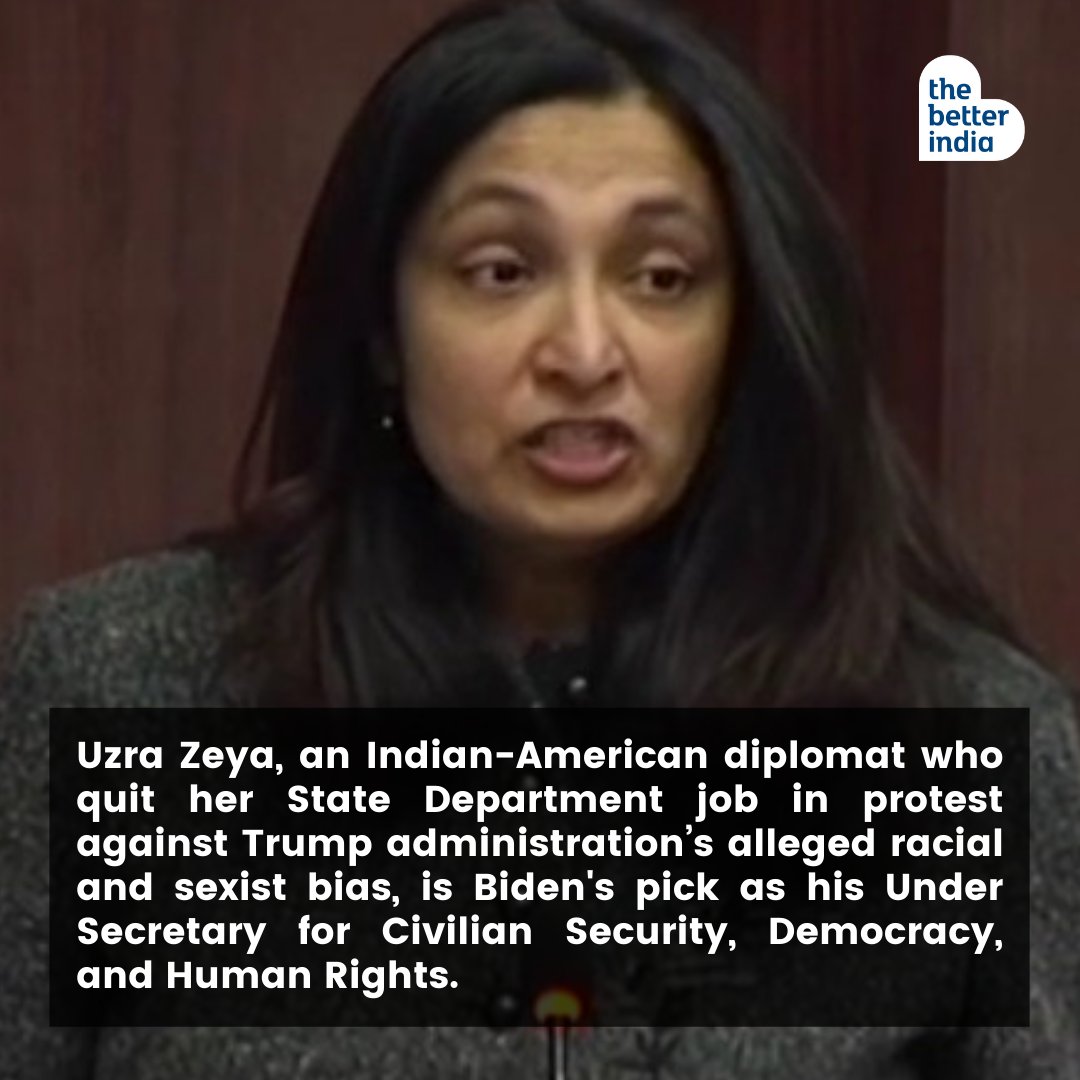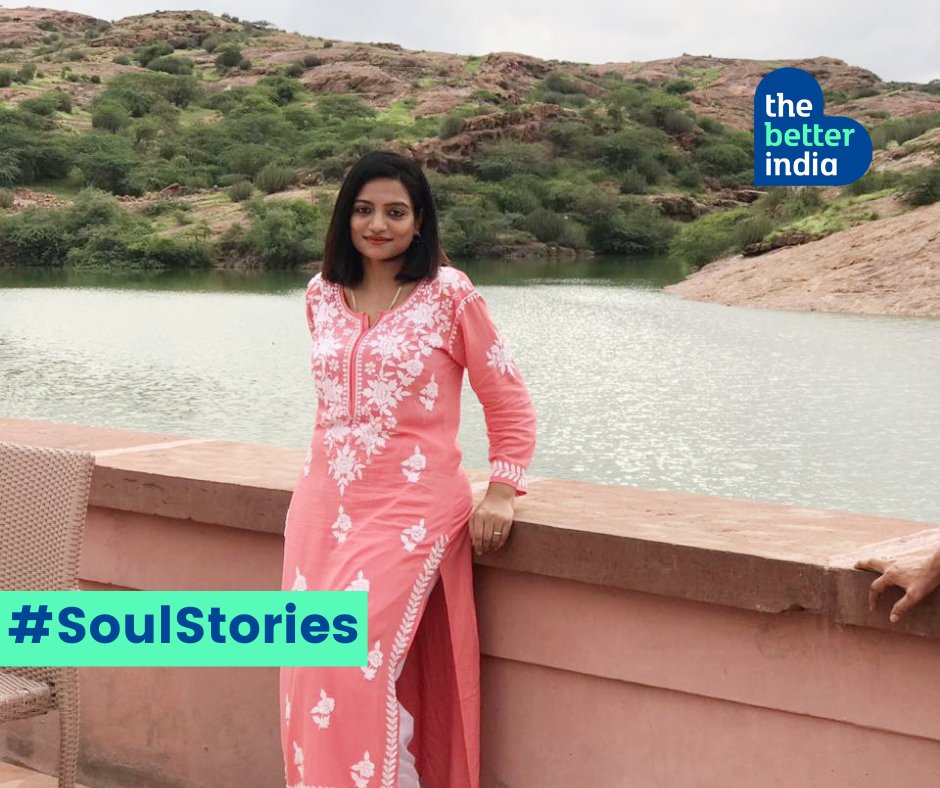
(1/22) Background: This post is a part of the #NokiaC3forChange initiative. Twenty changemakers were given smartphones under this initiative to create an impact in their areas of work.
@NokiamobileIN
@NokiamobileIN
(2/22) These stories have been recorded after their communities used the smartphones for 30 days.
(3/22) The story: Jodhpur-based Rekha Pawar believes that financial independence is crucial for women. Having grown up in a low-income household, it was her education that helped her dream big.
(4/22) But after her higher secondary education, her parents gave in to social pressures and decided to get her married.
Rekha's in-laws did not share her sensibilities and were not ready to support her higher education.
Rekha's in-laws did not share her sensibilities and were not ready to support her higher education.
(5/22) For them, a girl's education is an unnecessary burden that they refused to bear. Even after Rekha's daughter was born, the same mindset governed her household.
It was only years later that Rekha began to build a tiny wave of change in her family.
It was only years later that Rekha began to build a tiny wave of change in her family.
(6/22) "An NGO helped me rediscover myself and rekindle the dreams I once had. With the help of their training in stitching, I was not only able to earn a livelihood but also take steps towards starting my own business," she says.
(7/22) Like Rekha, several women in the region are moving towards a path of self-discovery and financial empowerment. In addition to stitching and tailoring training sessions, they also make low-cost sanitary napkins and spread awareness about menstrual health and hygiene.
(8/22) However, 2020 was exceptionally difficult for these women as well. Earlier, we would go door-to-door to spread awareness among women about our products and why sanitary napkins are a necessity.
(9/22) But all of us stopped due to COVID-19, adds Anita Pariyar, another woman associated with the NGO.
The pandemic threatened to overturn all the positive impact amassed by them in the last few years until this unique initiative came in the picture.
The pandemic threatened to overturn all the positive impact amassed by them in the last few years until this unique initiative came in the picture.
(10/22) Change: Tamanna Bhati, the founder of NGO Hamara Saahas, was selected as one of the 20 changemakers to collaborate with the #NokiaC3forChange
(11/22) An initiative to help women like Rekha and Anita sustain their livelihoods and continue on the path to becoming micro-entrepreneurs with the use of technology.
(12/22) Six Nokia C3 smartphones were distributed among the women, many of whom were using smartphones for the first time.
Only men used phones in most of these women’s families. Having access to this kind of technology was something new and empowering.
Only men used phones in most of these women’s families. Having access to this kind of technology was something new and empowering.
(13/22) We helped them navigate through it during the first few weeks.
(14/22) We used simple tasks like taking screenshots, clicking pictures, using Google, and watching YouTube videos -- to help them understand how technology can aid them not just personally but also professionally, says Tamanna.
(15/22) Impact: With the help of these phones and exposure to social media platforms and more, these women are carving out a promising future for themselves.
(16/22) Now, using phones, we don't have to go door-to-door to sell our sanitary napkins. We use WhatsApp groups or Facebook for that.
(17/22) We can also connect to a larger base of women in the region just in one click, says Anita, adding, "It has made our work faster and our reach wider than ever."
(18/22) On the other hand, Rekha is also using the phone to polish her talent as a seamstress and conduct her business online.
(19/22) Learning about new fashion trends or stitching techniques is a lot easier with the phone. I keep watching videos on YouTube to experiment and find economical techniques to use scrap clothes to make accessories.
(20/22) It has not only helped me improve my skill but has given me a professional edge. I hope that I will soon be able to scale up my tailoring business, she says.
(21/22) These women’s stories are testimony of the positive impact that access to technology can bring on the grassroots level.
(22/22) Do you know of changemakers like this who are using technology to create an impact? Nominate them here. You can nominate your own inspiring change story too. The top shortlisted entries will get a Nokia phone! Terms and Conditions apply.
bit.ly/34bF0hM
bit.ly/34bF0hM
• • •
Missing some Tweet in this thread? You can try to
force a refresh



















